What are some preferred share pricing influences?
Unlike common shares, the price of preferred shares are not directly influenced by the issuing corporation’s earnings. Preferred share market prices are, however, influenced by the issuing corporation’s credit rating and changes in the interest rate environment.
A preferred share’s market price is sensitive to changes in the direction of interest rates. The preferred share features will help to determine the potential changes in market price. In an environment with interest rates rising, a Fixed Rate preferred share will see it’s market price decline and a Floating-Rate preferred share’s market price should increase. Conversely, in an environment where interest rates are declining, a Fixed-Rate preferred will see its market price increase and the market price of a Floating-Rate preferred share will see its market price decline.
In Canada, investors rely upon the credit ratings assigned to preferred shares by credit rating agencies such as Dominion Bond Rating Services Limited (DBRS) and Standard & Poor’s (S&P). Below is a list of the DBRS ratings and the DBRS definition for each rating.
Note: Investors should obtain and monitor a preferred share’s credit rating before making a decision to purchase.
Related Questions
- When should you use preferred shares within an investment portfolio?
- What are the advantages of investing in preferred shares?
- What are the possible risks associated with investing in preferred shares?
- What are the basic features of a preferred share?
- What are some basic characteristics of a preferred share?
- How should you select preferred shares to invest in?
- Any other criteria to consider when selecting preferred shares?
- What are some important things to consider when buying and selling preferred shares?
- What is the DBRS rating scale?
- What do the DBRS ratings mean for preferred shares?
- What is the DBRS credit rating philosophy?
- What are limitations to uses of a rating?
- What are some common abbreviations and definitions associated with preferred shares?
- What options are available for me if I want to invest in preferred shares?
- How is the income earned from preferred shares taxed?

